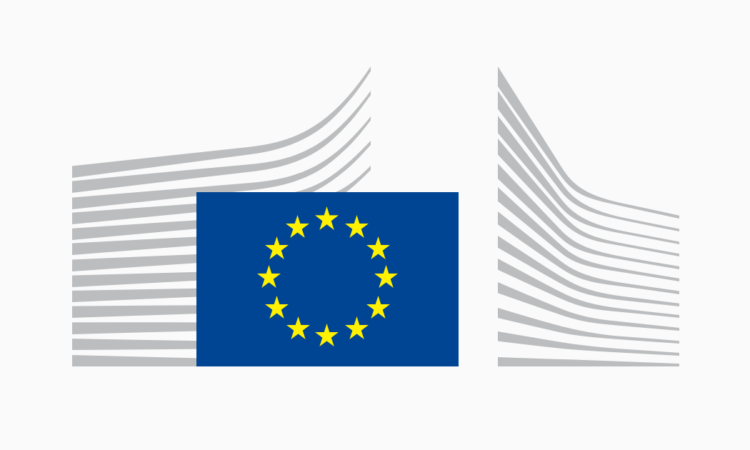
In a jointly organized high-level discussion Commissioner Hahn, the United Nations Economic Commission for Europe, the UN Climate Champions and DZ Bank, advocated for “transition finance” at COP28 to help hard-to-abate sectors and small businesses to decarbonize.
Climate investments of €1.5 to €3.5 trillion per year are needed from 2020 to 2050 to meet the objectives of the Paris Agreement, according to the United Nations Framework Convention on Climate Change (UNFCCC). While the EU contributed to tripling green finance since the adoption of the Paris Agreement in 2015, notably via the issuance of almost €50 billion in NextGenerationEU Green bonds, more investments are required to decarbonize hard-to-abate industries. This, UNECE and partners have warned at COP28, hampers broader decarbonization efforts, and must be adequately addressed in climate plans and partnerships.
Hard-to-abate sectors such as cement, chemicals, fertilizers, steel, aviation, shipping and road freight – together accounting for roughly one-third of global CO2 emissions – require huge financing to decarbonise their operations, including through innovative technologies and processes.
When presenting the first NextGenerationEU Green Bond Allocation and Impact Report, EU Commissioner for Budget and Administration,Johannes Hahn, stated: “European Green Bonds prove the power of transition financing: we successfully translated our green ambition also on the funding side and are on our way to become the world’s largest issuer. Already now the impact is tangible as our Green Bonds’ measurable climate actions can permanently reduce greenhouse gas emission by 44 million tonnes per annum. And these are conservative estimates based only on impacts that can be confidently quantified at this point in time. Team Europe stands ready to join forces on a global level: funding climate action is a smart investment in the future – not only financially, but also for our planet.”
UNECE Executive Secretary Tatiana Molcean said “Investing in a low-carbon future pays off: UNECE data highlights that the money put into transitioning to a low-carbon economy isn’t just a necessary expense – it’s a smart financial move. Investing now can help us avoid the unimaginable costs and disruptions that climate change could bring to our economies, societies, and daily lives”.
High-level discussions in Dubai put the spotlight on concrete solutions to meet these financing needs, adding impetus to efforts towards the development of “transition financing” mechanisms to accelerate the decarbonization of hard-to-abate industries and support the just transition in fossil-fuel dependent sectors. The event underscored the importance of innovative partnerships between governments, international organizations and financial institutions in this process.
The Glasgow Financial Alliance for Net Zero (GFANZ), OECD, and many others are working on establishing guiding principles to create a robust asset class, learning from the experience of green and sustainability-linked financial instruments such as bonds and loans.
UN Climate Change High-Level Champion, Mahmoud Mohieldin, said “Transition finance is an important climate finance topic that must go hand-in-hand with the SDGs, as developing countries transition. Partnerships involving all key stakeholders will be essential to accelerating finance for climate and the SDGs.”
Moreover, much of the required investment for decarbonization is needed at the level of Small and Medium Enterprises (SMEs), which constitute the bulk of the world’s value chains. It is estimated that up to €46 trillion are needed to transition global supply chains to net zero by 2050. Energy efficiency projects, renewable energy power generation and more efficient industrial processes are high on the agenda of these enterprises as they seek to decarbonise their operations, while preserving competitiveness over time. But often action is hampered by high initial capital investment needs, limited access to and awareness of available finance, and the lack of appropriate skills.
Souad Benkredda, Member of the Board, DZ BANK, said” “Sustainability is a core priority for DZ BANK. As the central institution of the cooperative banking sector in Germany, we so to speak carry it in our DNA. But we cannot achieve a more sustainable world by focusing exclusively on economic activities that are already shades of green, we must enable all sectors to transition to lower carbon business models”.
Watch the recording of the session “Transition Finance: From Ambition to Action” at COP28 here.
Read more about NextGenerationEU Green Bonds here.
Check out our NextGenerationEU green bond impact and allocation reports here.





